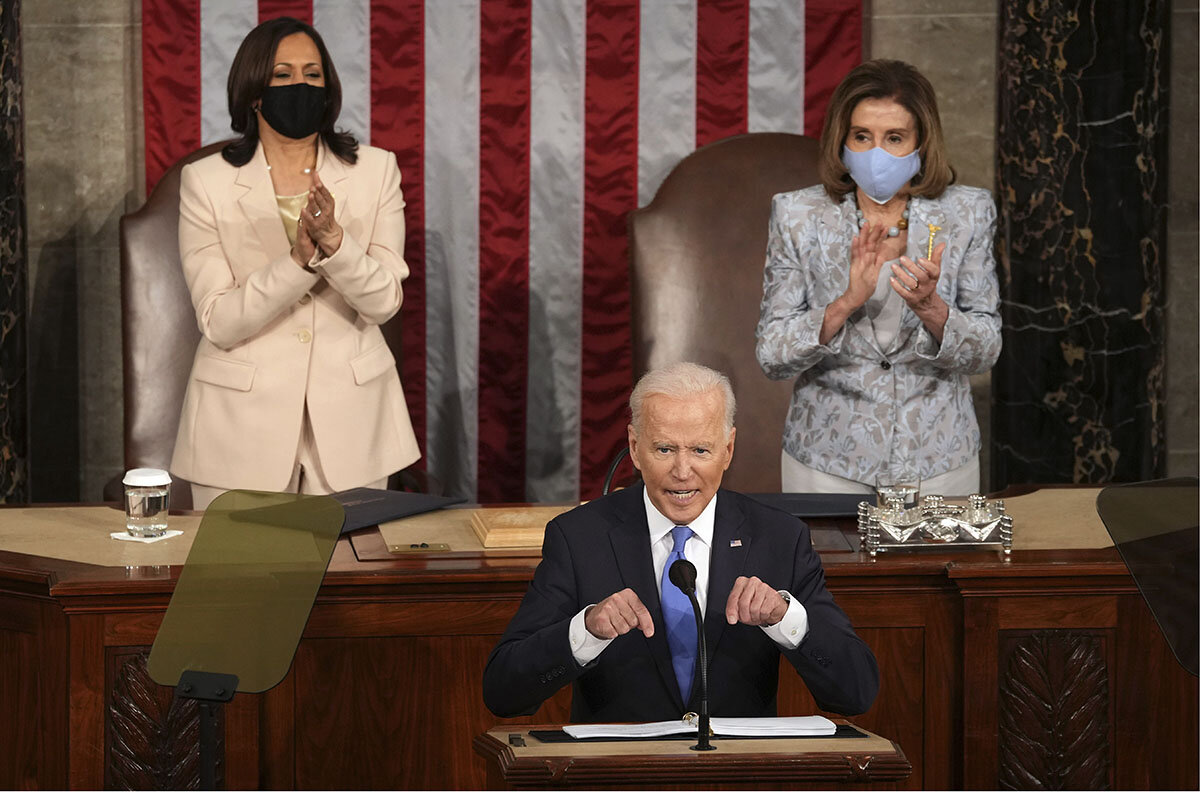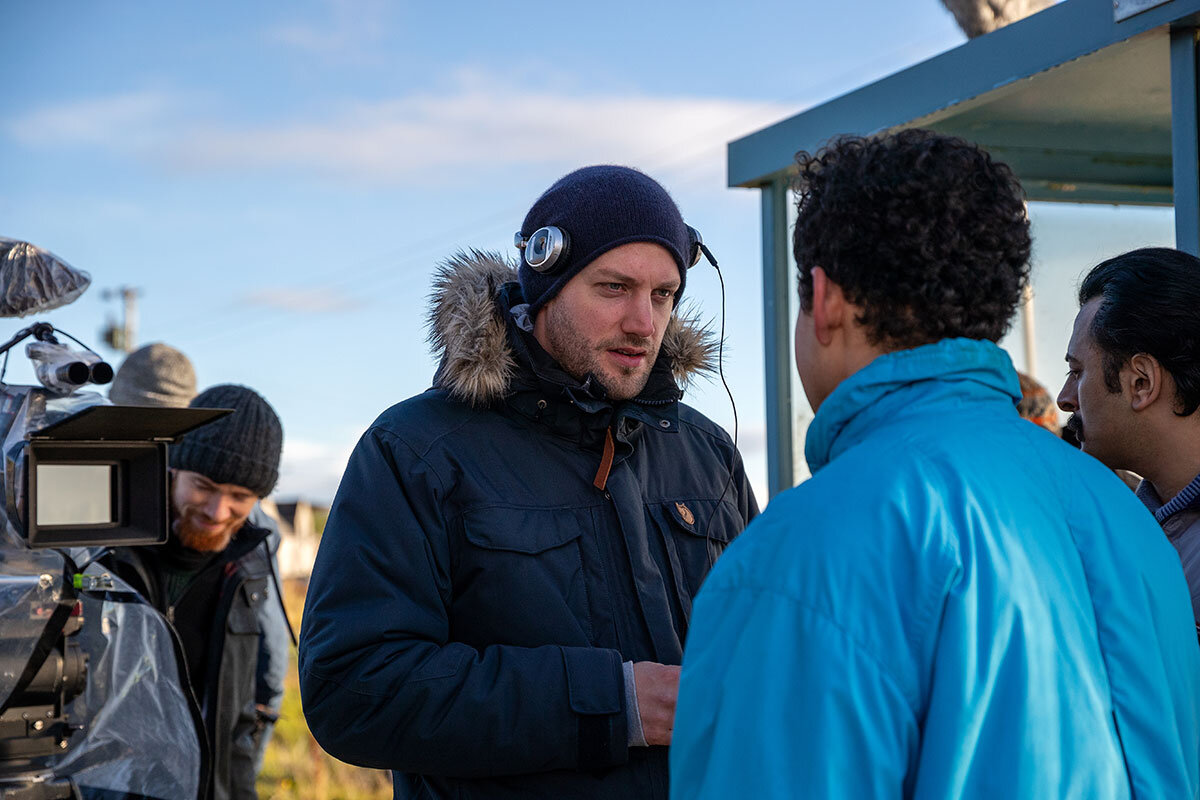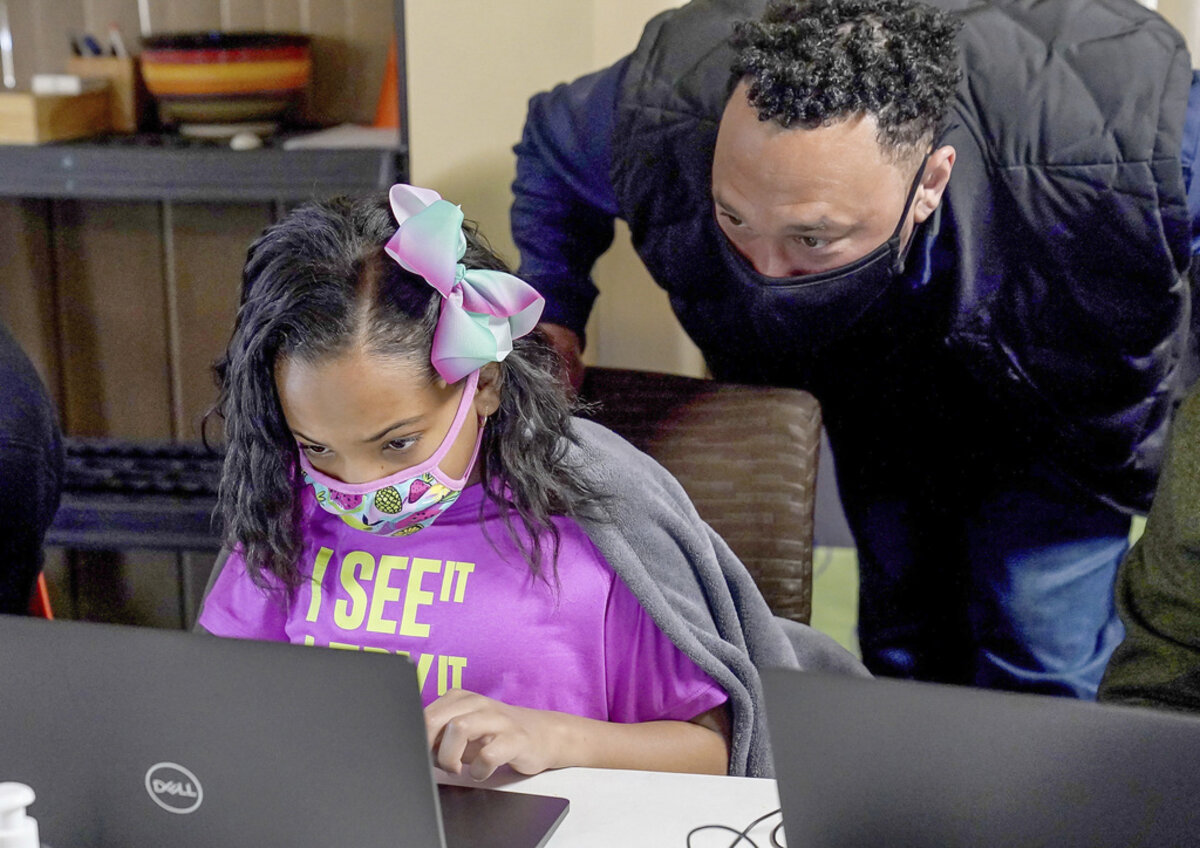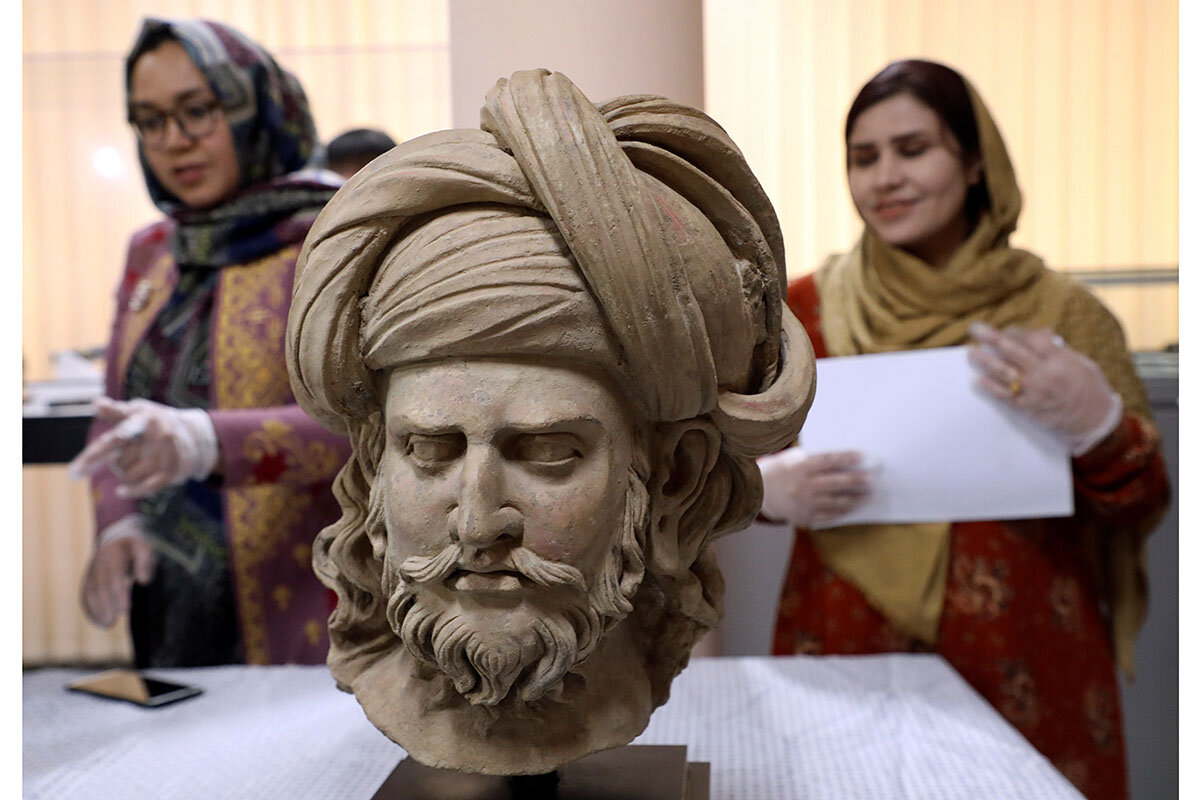So far, President Biden has followed through on a number of campaign promises – particularly on the pandemic. But he’s gotten relatively few bills through Congress, and the path ahead is likely to grow tougher.
Monitor Daily Podcast
- Follow us:
- Apple Podcasts
- Spotify
- RSS Feed
- Download
 Stephen Humphries
Stephen Humphries
Should colleges teach the classics? To some, the Greek and Roman canon is for elitists whose idea of small talk at Yale dinner parties is to quote Pliny the Younger in Latin.
But for Anika Prather, these ancient works are vital to understanding Black history. That’s why she’s dismayed that Howard University, where she’s an adjunct professor, is dissolving the classics department and dispersing some of its courses to other divisions. The historically Black university says it’s resetting priorities as student demand for the classics dwindles. At the same time, some worry that the texts are an intellectual bulwark for white supremacy.
But Dr. Prather says, “The issue is not classics. ... The issue is how people teach them.”
Her course at Howard, Blacks in Classical Studies, reveals that diversity was always in the original texts – from Terence, the Roman African playwright, to the multicultural influence of Ethiopians and Egyptians on Plutarch and Herodotus. Her course also traces how the classics influenced Frederick Douglass, Anna J. Cooper, Martin Luther King Jr., and W.E.B. Du Bois.
Any ethnic group can claim that the classics are all about them, she adds. But then they miss the broader view: The classics encompass all of us. The search for beauty, truth, and virtue isn’t elitist – it’s universal.
When Black Panther Party co-founder Huey P. Newton read Plato’s “Allegory of the Cave,” it made him want to free Black people, Dr. Prather says. But then she goes even further: “We all need to be set free. White people, Black people. I want us all to come out of our caves and look at each other in the light and see our common humanity.”










